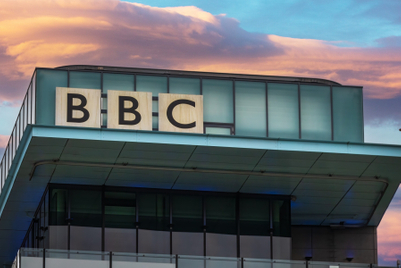
We all know great brand campaigns can trigger real emotions. We can probably remember the ones that do. With that in mind, BBC StoryWorks, the content marketing unit of BBC Global News set out to find the scientific basis behind those connections in its latest research study.
Called The Science of Memory, the study tested six of StoryWorks’ branded content videos on BBC.com on 2,179 respondents based in Singapore, Australia, USA and Germany using its own proprietary emotion-tracking tool together with neuroscience techniques from specialist firm Neuro-Insight.
Researchers recorded electrical brain activity and facial coding data and claim to have mapped not just the emotional instensity triggered by the videos, but also the level of long-term memory encoding in the brain. Among the study’s key findings:
- Emotions are a key driver of memory. If you’re watching a brand film, the bigger the emotional spike, the more likely it is to trigger long term memory. When it comes to triggering long term memory, there is no such thing as a bad emotion. The influential factor is the intensity of the emotion being experienced, not the nature of the emotion.
- Emotions can be fine-tuned to maximise and ‘colour’ memory. There are certain strategies to employ emotional spikes like compelling storytelling to make content more memorable.
- Triggering emotions early and often is most memorable. Brand films that triggered their highest emotional intensity in the first third of their duration ultimately delivered stronger memory of the content overall. Also, content that provokes numerous peaks of emotional intensity throughout, rather than slow building to a singular event, delivers a higher memory impact.
- Brands can ‘ride’ memory moments. Emotion often precedes memory. A sudden spike in emotional intensity causes memory encoding to rise shortly afterwards. So content marketers who can seamlessly integrate a brand in the memory window after moments of high emotional intensity allow that brand to ride the wave of the narrative into memory.
- Emotional reactions can vary by region. Shown the same piece of content, viewers in APAC showed surprise while American viewers demonstrated sadness or empathy and European viewers showed happiness. Yet all these emotions, researchers said, still delivered the same level of memory impact.
- Cuing the lights is worth remembering. Cinematic devices like lighting changes, unique camera angles and (more obviously) music changes all play a role in keeping the viewer engaged and creating long-term memories.
Naturally, the goal for BBC StoryWorks is to figure out how to integrate the science of memory into its storytelling techniques to create more last impressions without giving up the art of creative.
“There is real science that underpins effective brand storytelling and helps us drive the way we create content,” said BBC StoryWorks senior vice-president Richard Pattinson in a release. “But there is also an art to great storytelling—an art that has been part of the BBC’s DNA for almost a hundred years and continues to resonate in every innovation in storytelling we embark upon.”
Pattinson went on to say their work will continue to try to strike the right balance between art and science.


.jpg&h=334&w=500&q=100&v=20250320&c=1)


.png&h=334&w=500&q=100&v=20250320&c=1)





.png&h=334&w=500&q=100&v=20250320&c=1)

.jpg&h=268&w=401&q=100&v=20250320&c=1)





